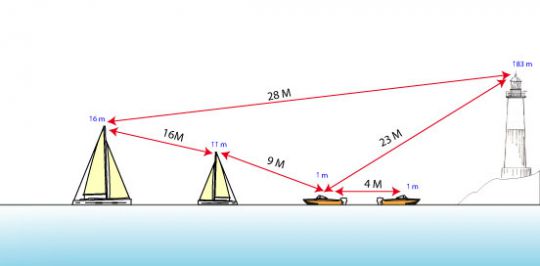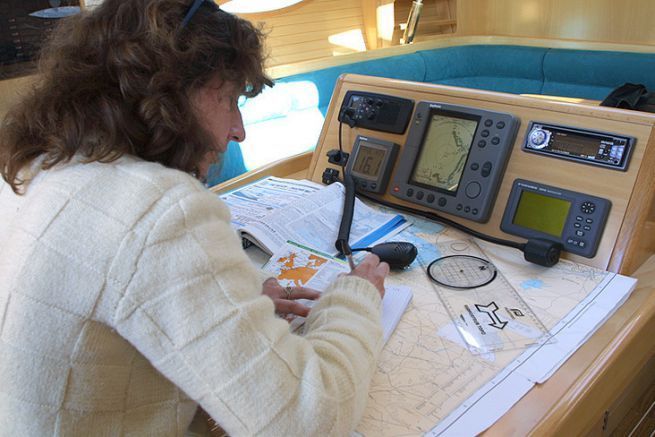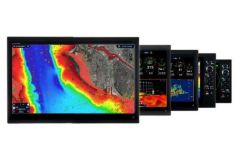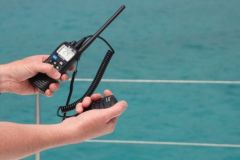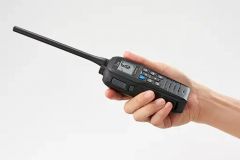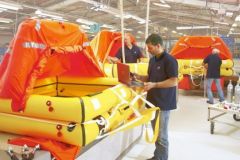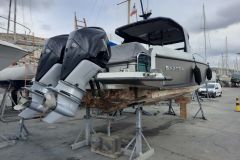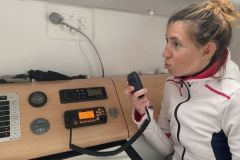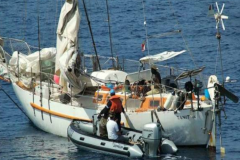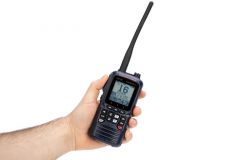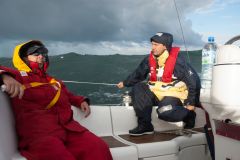In view of the omnipresence of mobile phones on boats, CROSS (Regional Operational Centre for Surveillance and Rescue) has set up an emergency call number. This number is :
196
This number automatically directs you to a Marine Rescue Centre (CROSS or MRCC). Having the number 196 registered in your contacts avoids having memorized the CROSS or MRCC number of your navigation basin.
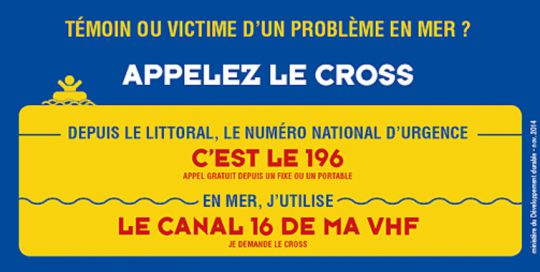
But is the telephone the best way to alert the rescue services?
At sea, VHF is much more efficient than a mobile phone for various reasons:
- The network . Even though GSM networks have an increasing range at sea, if you find yourself out of range, your phone is of no use. This is not the case with a VHF.
- Autonomy. Your phone runs on its internal battery. It needs to be charged in order to communicate. The VHF, if it's fixed, uses the onboard batteries.
- The litter. The boat closest to you is certainly the one that can best assist you. VHF with channel 16 watched by all navigators, remains the best way to warn a boat sailing in your area.
- The multiplicity of contacts. The VHF makes it possible to warn several people with a single call. If you send out a distress call, the authorities, the rescue services, the boats in the vicinity... will all be alerted.
- The location. VHF allows homing. That is, it is possible to use the signal to pick up its direction. It is used for rescuers to come to the scene of the incident (not possible with a telephone).
